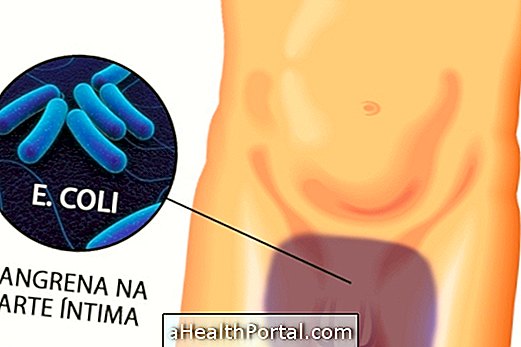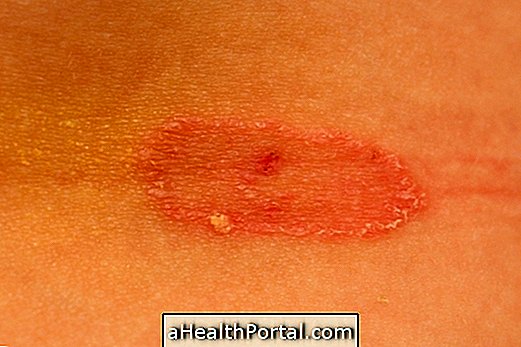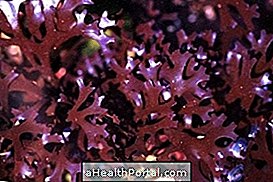Fabry disease is a rare congenital syndrome that causes abnormal accumulation of fat in the blood vessels, causing symptoms such as pain in the hands and feet, changes in the eyes or spots on the skin, for example.
Generally, the symptoms of Fabry disease arise during childhood, but in some cases the disease can only be diagnosed during adulthood when it begins to cause changes in the functioning of the kidneys or heart.
Fabry disease has no cure but can be controlled with the use of some medicines to prevent the development of symptoms and the onset of complications such as kidney problems or stroke.
Symptoms of Fabry's Disease
Symptoms of Fabry's disease may arise early in childhood and include:
- Pain or burning sensation in the hands and feet;
- Dark red spots on the skin;
- Changes in the eye that do not affect vision;
- Abdominal pain;
- Change in bowel habits, especially after eating;
- Pain in the back, especially in the region of the kidneys.
In addition to these symptoms, Fabry disease can cause over the years other signs related to progressive lesions caused in some organs, such as eyes, heart or kidneys, for example.
Diagnosis of Fabry's disease
The diagnosis of Fabry disease can be done through blood tests to evaluate the amount of enzyme responsible for eliminating excess fat that accumulates in the veins. So when this value is low the doctor may suspect Fabry disease and ask for a DNA test to correctly identify the disease.
Treatment for Fabry's disease
Treatment for Fabry disease helps to control the onset of symptoms and prevent the development of complications. It can be done with:
- Carbamazepine: helps to reduce the sensation of pain or burning;
- Metoclopramide: decreases the functioning of the intestine, avoiding changes in intestinal transit;
- Anticoagulant medicines such as Aspirin or Warfarin: make blood thinner and prevent the onset of clots that can cause stroke.
In addition to these medicines, your doctor may also prescribe drugs for high blood pressure, such as Captopril or Atenolol, because they prevent the development of kidney damage and prevent the occurrence of complications in these organs.









-o-que--sintomas-e-tratamento.jpg)












